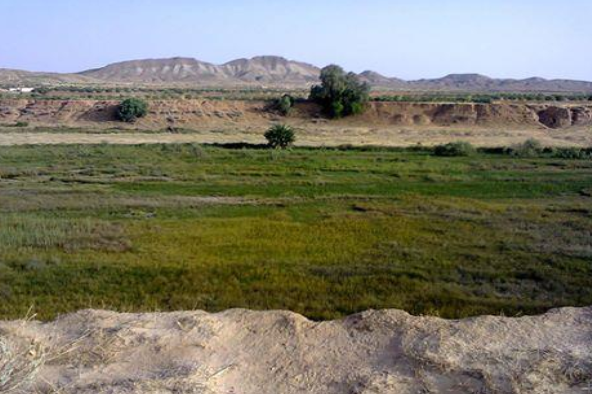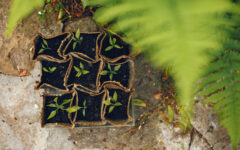The Role of Traditional Methods in Rural Development in the Age of Digital Advancement: A Sociological Study of the Sidi Bouzid Countryside
31 October 2025 2025-10-31 20:38The Role of Traditional Methods in Rural Development in the Age of Digital Advancement: A Sociological Study of the Sidi Bouzid Countryside

The Role of Traditional Methods in Rural Development in the Age of Digital Advancement: A Sociological Study of the Sidi Bouzid Countryside
This sociological study examines the everyday practices of rural inhabitants in Sidi Bouzid, who remain deeply connected to their intangible cultural heritage while striving to promote local development—an endeavor they regard as a key foundation for community progress. The research highlights how these communities have mobilized indigenous knowledge to locate groundwater reserves by inventing and employing traditional detection methods to meet their agricultural and domestic needs. Such practices include the use of olive branches, eggs, water bottles, and metal wires—techniques passed down through generations. The study seeks to understand how intangible cultural heritage contributes to rural development and to assess the perceived accuracy of dowsers or water diviners who use these traditional methods. The explanations provided by these practitioners often convince local residents of their efficacy, reinforcing their social role at a time when access to water resources has become increasingly critical. By analyzing these popular practices and beliefs, the research adopts a case study approach to evaluate their empirical foundations and explore the scientific validity of traditional water-detection methods. Ultimately, the study underscores that its primary scientific objective lies in investigating the meanings, functions, and implications of intangible cultural heritage within rural contexts—particularly amid the sweeping transformations brought about by cultural globalization.
Dr. Nciri Lakhdhar
Related Posts
Search
Categories
Popular Tags
Popular tags






